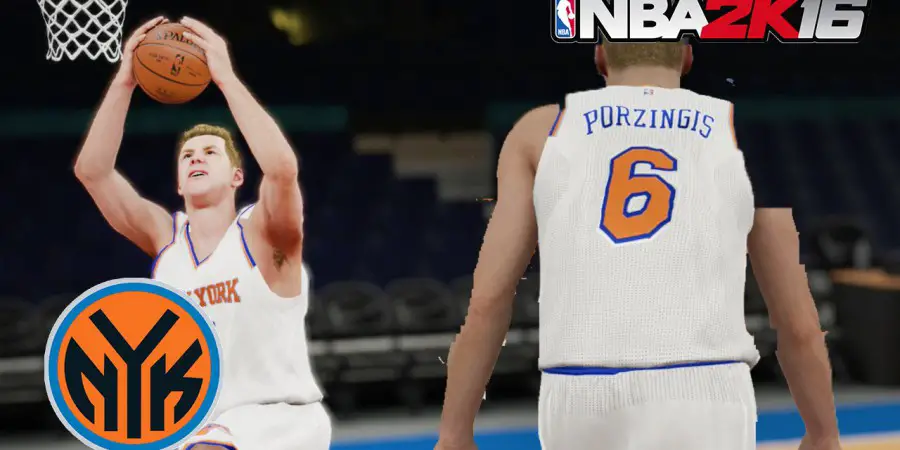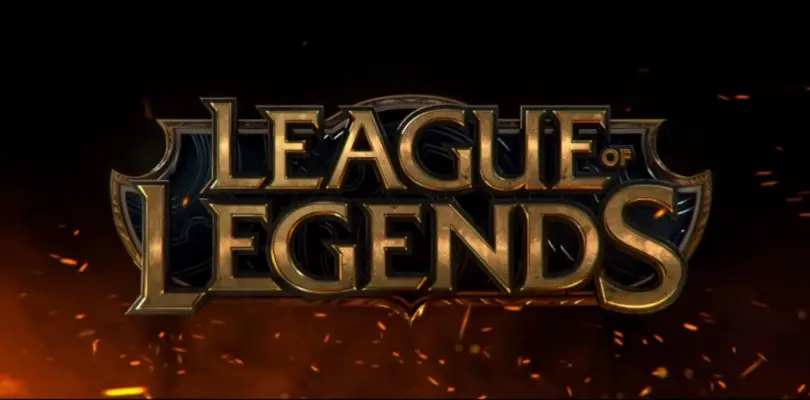When was the last time you stopped to think about how competitive gaming has become?
Once upon a time it was a happy, carefree activity that we enjoyed in the comfort of our homes. We’d play full seasons of sports games, go through various different outcomes to popular RPGs, and zone out to shooters and adventure games. If there was multiplayer to be had, it was usually in person alongside friends – an aggressive Mario Kart tournament perhaps, or a split-screen shooter face-off.
Then online multiplayer happened, and gaming as we know it changed completely. A fascinating article at Extreme Tech reminds us that in the early days, online multiplayer was the butt of jokes, existing for a few games here and there but not really taken seriously. But as consoles gained more capability, online networks grew larger, and games began focusing more on what this could mean for their multiplayer experiences, the whole concept improved dramatically. Now we commonly see games designed in a way that clearly puts multiplayer first and single campaign options second.
It hasn’t just happened on your Playstations, Xboxes and Nintendos either. The transition to more competitive gaming exists in many corners of the industry, with online casino sites possibly being the clearest example. Online poker has actually existed for longer than a lot of people realize (particularly given that it’s been banned for a while in most of the U.S.), but along with the rise in multiplayer gaming, we began to see some of these sites evolve into more complete casino environments. At Betfair’s casino platform, traditional poker gaming is now surrounded by a huge variety of slot machines and arcade options, but also additional competitive options such as blackjack, baccarat, and craps. There are even live dealers in place to moderate competition between online players. The whole thing is designed for interactive gameplay now, with community being as much a focus as the games themselves.
And then of course in mobile markets we’ve seen a pretty stunning (and rapid) transition from mindless arcade and puzzle experiences people once enjoyed without even paying much attention to them to online face-offs with friends and family. There are almost too many examples to count in this regard: Words With Friends, Bloons TD Battles, Injustice Gods Among Us, etc. There are games across all genres that invite players to challenge others and compete directly over WiFi.
Now, what does all this have to do with the continued rise of eSports? Well, nothing directly. eSports existed before many of these developments took place, and indeed there have been massive active communities of players, bettors, and fans for a few years now. But as more and more of the public begins to see gaming as a competitive activity rather than a passive one.
The result is that eSports are beginning to go mainstream in ways that not even its biggest proponents had been predicting. Most notably, ESPN recently made a huge investment in eSports by building up a section of its online coverage for the gaming industry. According to Fortune, the ESPN eSports coverage will center on League of Legends, Data 2 and CSGO, and the company made the decision simply because the industry is growing so much, and currently they’re focusing on negative news around eSports and not helping develop the scene like many of the smaller sized (or bigger e.g. breitbart and TheDailyDot) news outlets have.
Even more recently, we’ve seen publisher Take-Two get in on the eSports action by agreeing, per USA Today, to host a massive, $250,000 NBA 2k16 tournament. It’s not by any means the first time that a popular sports game has been used in eSports, but it might be the most high profile example of an NBA 2k game, bringing an extraordinarily popular franchise into the eSports community. Both this and the ESPN development should serve to broaden the eSports audience to include more gamers who enjoy multiplayer competition but haven’t yet felt included in eSports environments and hopefully not end up in public shaming of eSports by professional athletes. However, if ESPN and the larger companies come in and don’t do things how they’ve been done before in eSports they will be rejected, see the comparison between CGS and Turners ELeague.










Discussion about this post